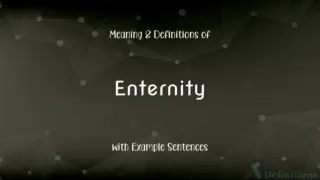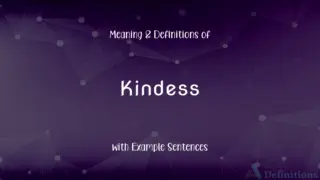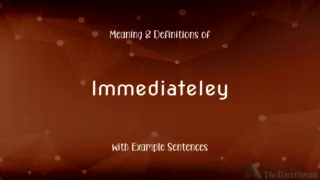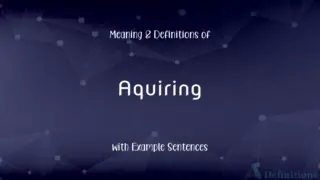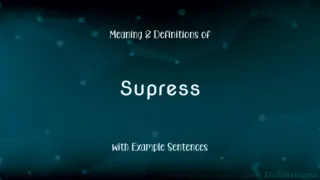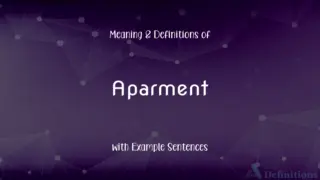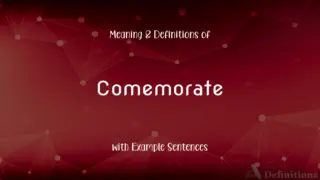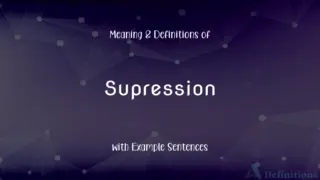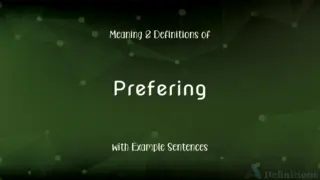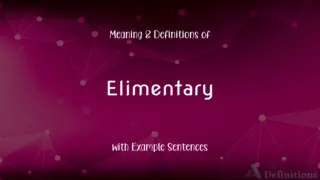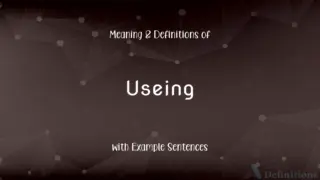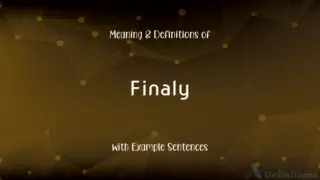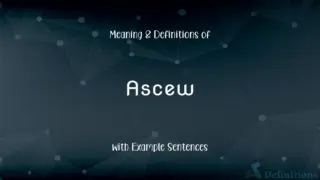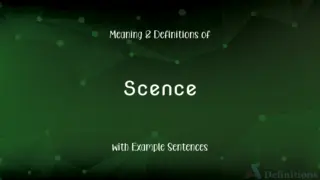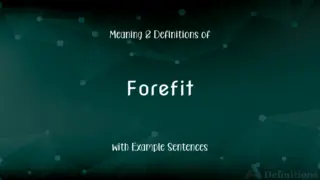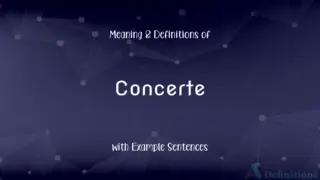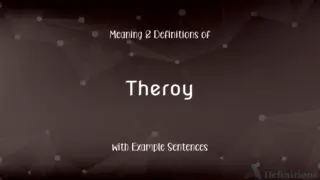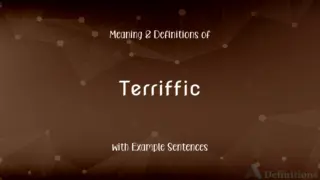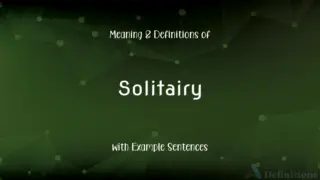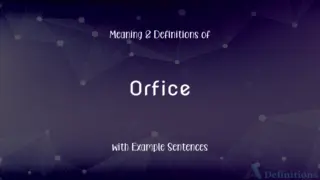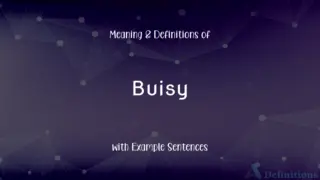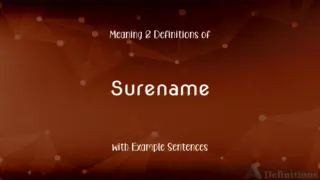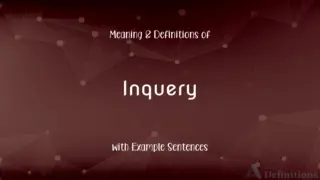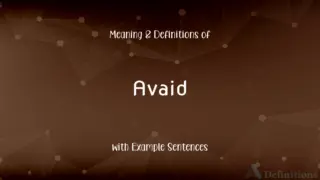Knowlege Meaning and Definition
"Knowlege" is not a standard word in the English language. Please consider the correct spelling, "Knowledge." Misspellings can create confusion or diminish the perceived quality of the text.
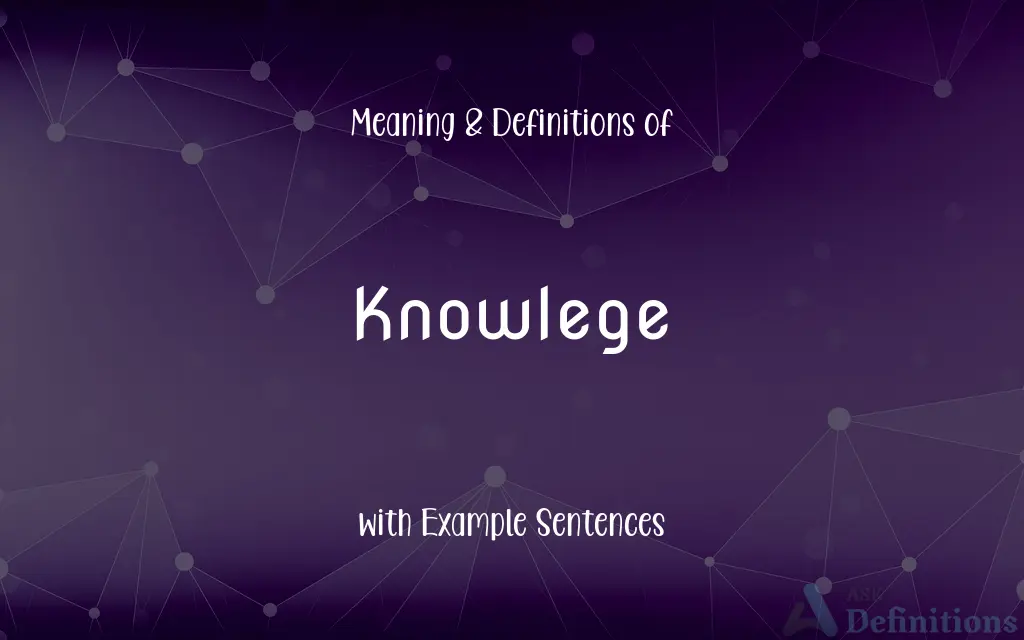
Table of Contents
Knowledge Definitions
Educational Learning: Knowledge encompasses what is learned through education.
The school curriculum expanded their knowledge in various subjects.
Intellectual Understanding: Knowledge is the intellectual understanding of concepts.
Philosophical discussions require a certain level of knowledge.
Information Acquired: Knowledge means information acquired through learning or experience.
His knowledge of different cultures was impressive.
Skill Gained: Knowledge can mean skill gained from practice or study.
His knowledge of carpentry was evident in his work.
Understanding: Knowledge refers to the understanding or grasp of a subject.
She had a deep knowledge of mathematics.
Expertise: Knowledge can refer to expertise in a specific area.
The scientist shared his knowledge on climate change.
Theoretical Understanding: Knowledge involves theoretical understanding or comprehension.
Her knowledge of physics theories was extensive.
Practical Application: Knowledge also means the practical application of information.
He applied his knowledge of first aid during the emergency.
Information, understanding, or skill acquired through experience or education; the theoretical or practical understanding of a subject.
Her knowledge of history helped her win the quiz competition.
Awareness: Knowledge implies awareness or familiarity gained by experience.
Traveling increased her knowledge of the world.
Familiarity with Facts: Knowledge means being familiar with facts or principles.
Her knowledge of historical events was remarkable.
The state or fact of knowing
Humans naturally aspire to knowledge.
Familiarity, awareness, or understanding gained through experience or study
Has great knowledge of these parts.
Has only limited knowledge of chemistry.
The sum or range of what has been perceived, discovered, or learned
The extraordinary knowledge housed in the library.
(Archaic) Carnal knowledge.
The fact of knowing about something; general understanding or familiarity with a subject, place, situation etc.
His knowledge of Iceland was limited to what he'd seen on the Travel Channel.
Awareness of a particular fact or situation; a state of having been informed or made aware of something.
Intellectual understanding; the state of appreciating truth or information.
Knowledge consists in recognizing the difference between good and bad decisions.
Familiarity or understanding of a particular skill, branch of learning etc.
Does your friend have any knowledge of hieroglyphs, perchance?
A secretary should have a good knowledge of shorthand.
(philosophical) Justified true belief
(obsolete) Information or intelligence about something; notice.
The total of what is known; all information and products of learning.
His library contained the accumulated knowledge of the Greeks and Romans.
(countable) Something that can be known; a branch of learning; a piece of information; a science.
(obsolete) Acknowledgement.
(obsolete) Notice, awareness.
The deep familiarity with certain routes and places of interest required by taxicab drivers working in London, England.
(obsolete) To confess as true; to acknowledge.
The act or state of knowing; clear perception of fact, truth, or duty; certain apprehension; familiar cognizance; cognition.
Knowledge, which is the highest degree of the speculative faculties, consists in the perception of the truth of affirmative or negative propositions.
That which is or may be known; the object of an act of knowing; a cognition; - chiefly used in the plural.
There is a great difference in the delivery of the mathematics, which are the most abstracted of knowledges.
Knowledges is a term in frequent use by Bacon, and, though now obsolete, should be revived, as without it we are compelled to borrow "cognitions" to express its import.
To use a word of Bacon's, now unfortunately obsolete, we must determine the relative value of knowledges.
That which is gained and preserved by knowing; instruction; acquaintance; enlightenment; learning; scholarship; erudition.
Knowledge puffeth up, but charity edifieth.
Ignorance is the curse of God;Knowledge, the wing wherewith we fly to heaven.
That familiarity which is gained by actual experience; practical skill; as, a knowledge of life.
Shipmen that had knowledge of the sea.
Scope of information; cognizance; notice; as, it has not come to my knowledge.
Why have I found grace in thine eyes, that thou shouldst take knowledge of me?
To acknowledge.
The psychological result of perception and learning and reasoning
Knowledge Idioms & Phrases
A lantern in the night of ignorance
Providing crucial understanding or enlightenment in a situation of unawareness.
Her research was a lantern in the night of ignorance, shedding light on the issue.
Knowledge in every step
Demonstrating wisdom and understanding in all actions.
She approaches her business with knowledge in every step.
To plant trees in the garden of knowledge
To contribute to the growth or expansion of understanding and learning.
By writing his book, he planted trees in the garden of knowledge.
To build a bridge of knowledge
To make understanding or information accessible and understandable to others.
As a teacher, his goal was to build a bridge of knowledge for his students.
To sail the sea of knowledge
To eagerly pursue learning and understanding in various fields.
He spent his life sailing the sea of knowledge, always curious.
A river of knowledge
A continuous and abundant source of information or learning.
The library was a river of knowledge, flowing with resources.
To wear the crown of knowledge
To be recognized as an expert or authority in a particular field.
In the world of physics, he wears the crown of knowledge.
To weave a tapestry of knowledge
To bring together various pieces of information or learning to form a comprehensive understanding.
His lectures were like weaving a tapestry of knowledge, connecting disparate ideas.
As deep as the well of knowledge
Possessing profound, extensive understanding or learning.
Her expertise on the subject was as deep as the well of knowledge.
Knowledge's shadow
The subtle influence or effect of wisdom and understanding.
Under knowledge's shadow, the team made better and more informed decisions.
To stand on the mountain of knowledge
To have a vast and comprehensive understanding of a subject.
With years of research, she stood on the mountain of knowledge.
In the realm of knowledge
In a situation or context where understanding and expertise are prominent.
In the realm of knowledge at the university, she thrived academically.
To light the torch of knowledge
To inspire or ignite a passion for learning and understanding in others.
His enthusiastic teaching style lit the torch of knowledge in his students.
Knowledge's path
The pursuit of learning and understanding.
He chose knowledge's path, dedicating his life to study.
An ocean of knowledge
An immense, seemingly endless amount of understanding or information.
The internet has become an ocean of knowledge.
A fortress of knowledge
Being extremely knowledgeable or well-informed.
In debates, she was a fortress of knowledge, unyielding and informed.
To unlock the chest of knowledge
To access a rich and valuable source of information or understanding.
His mentorship helped her unlock the chest of knowledge in her field.
To gather the fruits of knowledge
To benefit from or make use of acquired learning and wisdom.
She gathered the fruits of knowledge through years of experience.
At the table of knowledge
Participating in an environment or discussion where learning and expertise are shared.
At the academic conference, he sat at the table of knowledge.
A key to the door of knowledge
Something that provides a crucial insight, understanding, or access to learning.
Reading is the key to the door of knowledge.
Knowledge Example Sentences
They tested their knowledge with a challenging quiz.
His knowledge of languages impressed everyone.
The teacher encouraged them to share their knowledge with the class.
They admired her extensive knowledge of art.
Reading books greatly expanded his knowledge.
She demonstrated her knowledge of the subject during the debate.
He shared his knowledge about gardening with his neighbors.
The course aimed to increase their knowledge of technology.
Her knowledge of the city's history was fascinating.
She constantly sought to expand her knowledge through reading.
Her knowledge in biology earned her the top prize.
Their knowledge of the environment led to meaningful discussions.
He used his knowledge of cooking to prepare a delicious meal.
The trip provided them with knowledge about different cultures.
His knowledge of computer programming helped him fix the issue.
Common Curiosities
Why is it called knowledge?
"Knowledge" comes from the Old English "cnawlece," meaning "acknowledgment of a fact or circumstance," derived from "cnawan," which means "to know."
What is a stressed syllable in knowledge?
The first syllable "knowl" is the stressed syllable in "knowledge."
How many syllables are in knowledge?
There are two syllables in "knowledge."
What is the verb form of knowledge?
The related verb form is "know."
How do we divide knowledge into syllables?
"Knowledge" is divided into syllables as "knowl-edge."
What is the singular form of knowledge?
The singular form is "knowledge."
What is the pronunciation of knowledge?
"Knowledge" is pronounced as /ˈnɒl.ɪdʒ/.
What part of speech is knowledge?
"Knowledge" is a noun.
How is knowledge used in a sentence?
Example: "Her extensive knowledge of the subject impressed everyone."
What is the root word of knowledge?
The root word of "knowledge" is "know."
Is knowledge a noun or adjective?
"Knowledge" is a noun.
Is knowledge an abstract noun?
Yes, "knowledge" is an abstract noun.
Is knowledge a negative or positive word?
"Knowledge" is generally considered positive, but its connotation can depend on context.
Is the word “knowledge” a Direct object or an Indirect object?
"Knowledge" can be used as a direct object in a sentence.
Which determiner is used with knowledge?
Determiners like "some," "much," or "little" can be used with "knowledge."
Which vowel is used before knowledge?
Any vowel can precede "knowledge" depending on the context.
What is the plural form of knowledge?
"Knowledge" is typically used as a singular, uncountable noun; it does not have a standard plural form.
Is knowledge a vowel or consonant?
"Knowledge" is a word, not a vowel or consonant.
Is knowledge a collective noun?
"Knowledge" is not typically considered a collective noun.
Is knowledge an adverb?
No, "knowledge" is not an adverb.
Is the word knowledge Gerund?
"Knowledge" is not a gerund; it is a noun.
Which preposition is used with knowledge?
Prepositions like "of," "about," or "in" can be used with "knowledge."
Which article is used with knowledge?
Both "the" and "a" can be used with "knowledge," depending on the context.
Is the knowledge term a metaphor?
"Knowledge" can be used metaphorically in certain contexts.
Is the word knowledge imperative?
"Knowledge" is a noun and is not used in the imperative form.
Which conjunction is used with knowledge?
Conjunctions like "and," "or," and "but" can be used in sentences with "knowledge."
What is another term for knowledge?
Another term for "knowledge" is "understanding" or "awareness."
What is the opposite of knowledge?
The opposite of "knowledge" could be "ignorance" or "unawareness."
Is knowledge a countable noun?
"Knowledge" is usually an uncountable noun.
Share Your Discovery
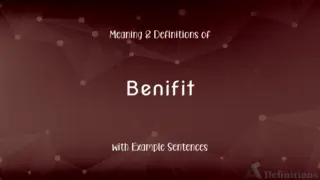
Previous Term
Benifit Meaning and Definition
Next Term
Miniscule Meaning and Definition
